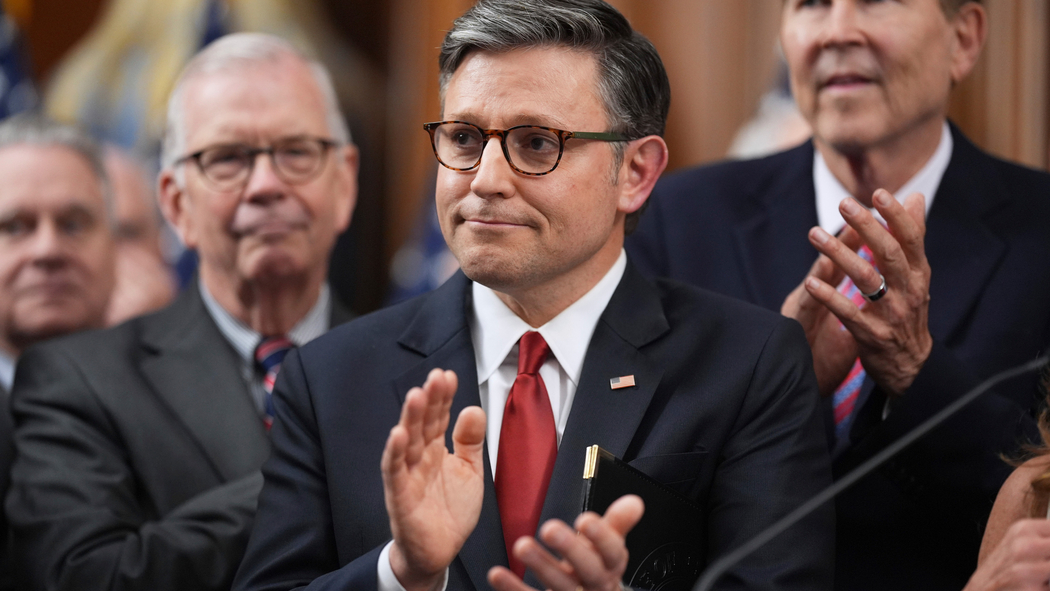Major Vote Secures Trump’s Tax and Spending Vision
House Republicans passed President Trump’s expansive legislation—nearly 1,000 pages—by a vote of 218–214, delivering the contentious package to his desk just ahead of the July 4 deadline. All 212 Democrats opposed it, joined by Republicans Thomas Massie (KY) and Brian Fitzpatrick (PA). Leadership marshaled support through late-night negotiations to satisfy Trump’s demand for a signed bill by Independence Day.
Policy Redefined: Taxes, Defense, Work Rules
Speaker Mike Johnson, R‑LA, praised the bill as a “cornerstone of America’s new golden age,” promising it will leave the nation “stronger, safer and more prosperous.” The legislation freezes Trump’s signature tax cuts, channels significant funds into defense and border security, and introduces sweeping changes to Medicaid via new work requirements and funding structures. It also redirects spending away from clean energy and social support toward enforcement and tax relief.
Trump Lobbies Hard—and Loud
Trump personally appealed to wavering legislators, hosting talks at the White House and using social media to exert pressure. “Largest Tax Cuts in History… MAGA IS NOT HAPPY,” he posted just after midnight Wednesday, reflecting his intense involvement.
Contradictions on Health Promises
Despite Trump’s campaign pledge not to cut Medicaid, the bill enforces eligibility reviews, reporting mandates, and funding shifts. Nonpartisan analysis from the Congressional Budget Office estimates these changes could result in up to 12 million uninsured Americans over the coming decade.
Democrats Hold the Floor—Literally
In a dramatic protest, Minority Leader Hakeem Jeffries (D‑NY) delivered an 8‑hour and 44‑minute speech—shattering the House record—declaring the measure “immoral” and spotlighting families at risk. He highlighted how cuts to Medicaid and food aid would harm seniors, children, and people with disabilities.
Fiscal Impact: Deficit Soars
Budget analysts warn the bill balloons the national deficit by approximately $3.4 trillion over 10 years, despite provisions for future reconciliation. The Senate had already approved a version with deeper Medicaid cuts and expanded debt limits, prompting the House to clear the amended text.
GOP Unity Tested in Final Hours
Rooftop-level coordination among Republicans, including the Freedom Caucus, was essential. Speaker Johnson granted time for review, held briefings with Cabinet members, and secured conservative buy-in. “No vote until we get satisfied,” noted Rep. Ralph Norman (R‑SC) before ultimately supporting the measure.
Looking Ahead: Stay Tuned
Johnson signaled plans for further legislation in the autumn and spring to address unresolved policy items. Despite Biden-era divisions and intra-party skepticism, Trump’s insistence and looming electoral stakes propelled the legislation across the line just before the summer recess.







